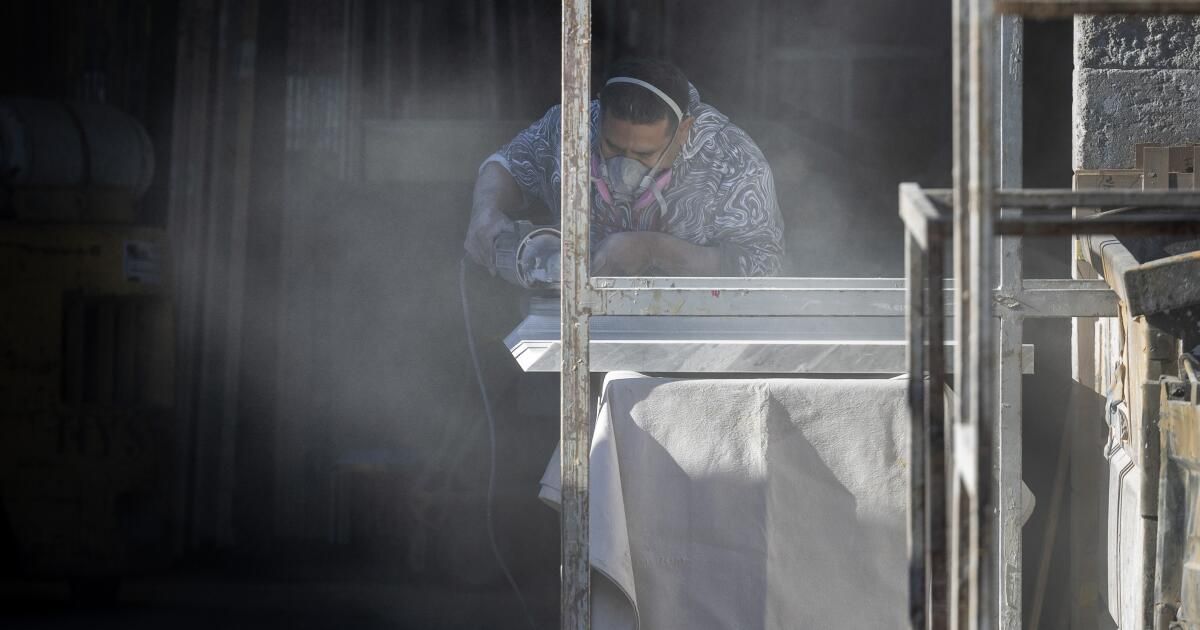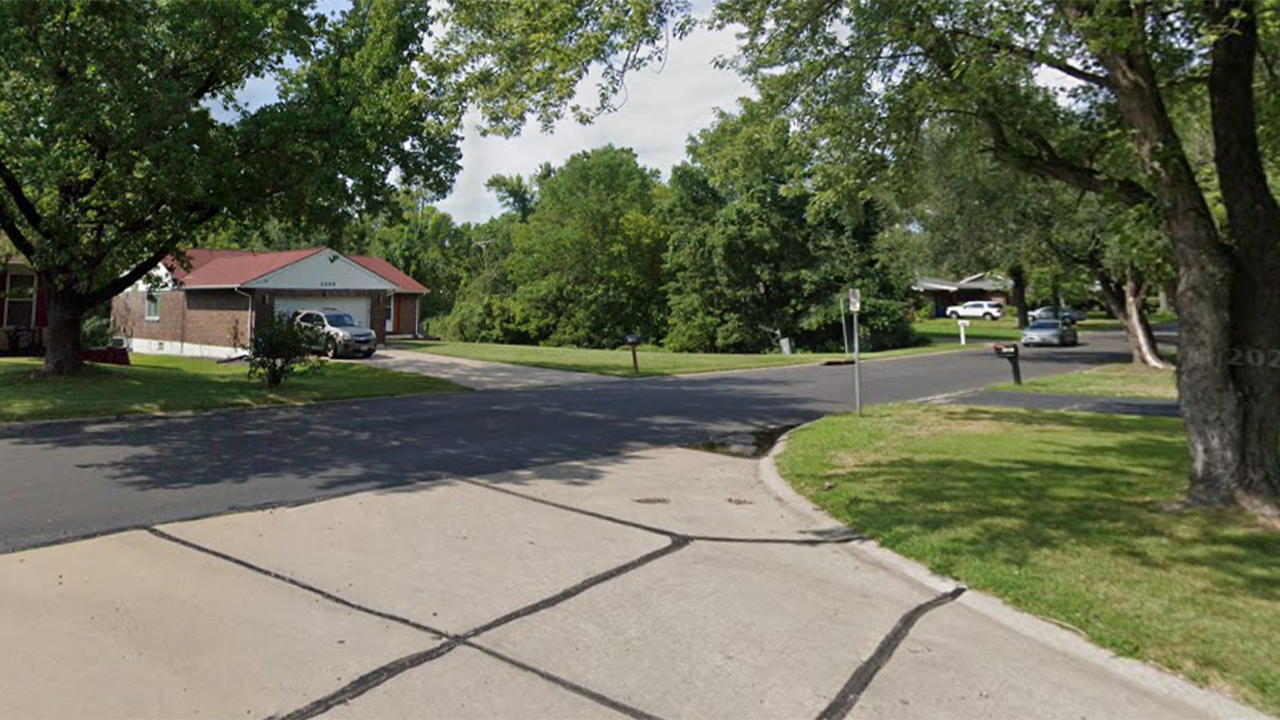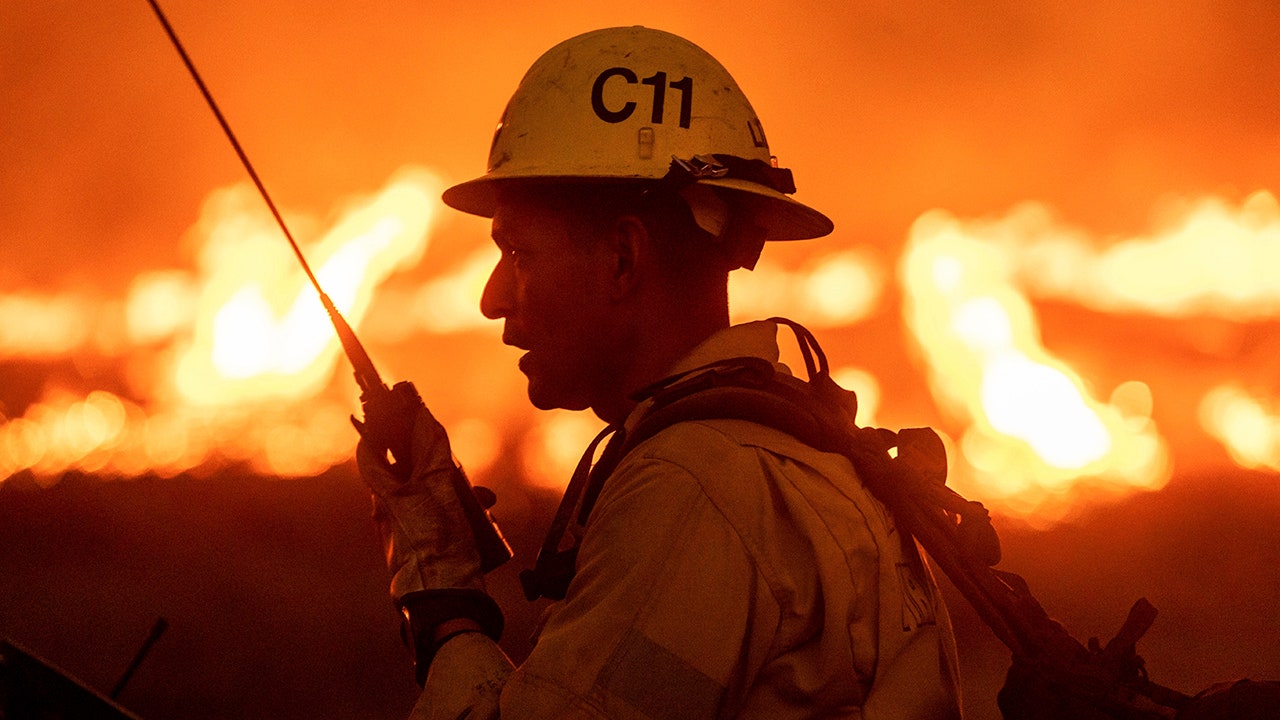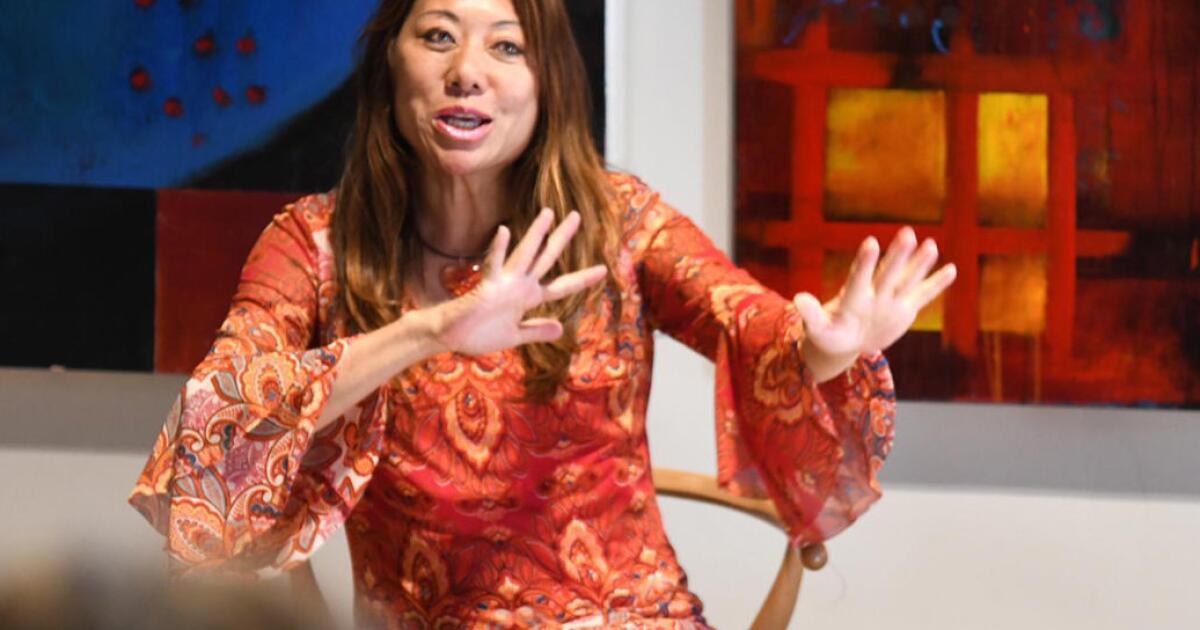As a growing number of countertop cutters in California suffer from an incurable and deadly lung disease, lawmakers are looking to clamp down on which companies can legally perform that work.
Health officials have linked the rise in silicosis to the growing popularity of engineered stone, a man-made product that can have much higher silica content than natural slabs. The disease is caused by inhaling small pieces of crystalline silica that damage the lungs, causing sick workers to rely on oxygen tanks and lung transplants to survive. More than a dozen counter workers in California have died, some barely into middle age.
In the San Fernando Valley, community workers have found migrant workers cutting artificial material in dusty, poorly protected workshops. When Cal/OSHA took a closer look at the industry in 2019 and 2020, it found that 72% of shops where it conducted air sampling were in violation of silica standards. It was recently estimated that of nearly 5,000 such workers statewide, up to 200 could die from the disease.
Despite the risks posed by cutting and crushing the material, “there is uncontrolled access to silica-containing materials in California,” said Jim Hieb, executive director of the Natural Stone Institute, an industry group. “This means anyone can purchase materials and allow any contractor to fabricate them” (cutting and polishing a slab for countertop installation) “without regulatory oversight.”
That could change if lawmakers pass AB 3043, a state bill that would establish a licensing system for companies that cut and polish natural or engineered stone slabs.
Under the bill, no company could legally perform stone “fabrication” work in California without such a state license. To get one, stores would have to prove they were following state workplace safety requirements and make sure employees were trained in protective measures. The bill would also prohibit suppliers from supplying slabs to unlicensed cutters.
Additionally, AB 3043 would prohibit such shops from cutting slabs without using “wet methods” to tamp down dust. Emergency rules adopted in December by state regulators already require such systems whenever hazardous work is performed, but Assemblywoman Luz Rivas (D-North Hollywood) argued that banning “dry cutting” in state law would strengthen the rule .
Working in this industry should not be “a death sentence,” said Rivas, who introduced the bill.
The state bill would also require Cal/OSHA to begin publicly reporting on its website about any orders prohibiting stone shop activities during the previous year, as well as require reporting to lawmakers on which parts of the state have the highest number of violations and how many licenses have been issued.
The legislation was sponsored by the State Building Trades Council and is also supported by the American Lung Association. in California and the Western Occupational and Environmental Medical Association.
The hope is that as many quarrying companies step forward and get licensed, Cal/OSHA “can shine a light on the parts of the industry that they know about that haven't signed up” and “focus their resources,” he said. Jeremy Smith. , chief of staff of the State Council of Construction Trades.
Business groups had been angered by an earlier version of the bill that imposed salary requirements, which were later removed from the proposal. The Silica Safety Coalition, an industry group that maintains that silicosis can be prevented with the use of safety measures, said it now supported the bill. So is the Natural Stone Institute.
“Careful implementation of licensing program registration, along with strict monitoring and enforcement, will be critical to the success of this program,” Hieb said in an email.
Enforcement has been a serious issue in the face of high vacancy rates at Cal/OSHA. Even knowing how many stone-making workshops exist has been a challenge for state regulators: At a UCLA conference in May, a California Department of Public Health official estimated there were more than 900 stone-carving workshops statewide. . In another presentation that same morning, Hieb said his group put the number at around 3,000.
Whenever a state bill involves Cal/OSHA, “that's in the back of everyone's mind. …Will they have the means to actually do what we want this bill to do?” Smith said.
Funding could be an issue: Under the bill, any stonemason shop seeking a license would have to pay fees ($650 total for an initial application, $450 for a renewal) that would go into a state fund used to make follow the rules. AB 3043 would also require quarrying companies to bear the costs of training workers.
But an analysis by the Assembly Appropriations Committee concluded that the fees and potential penalties provided for in the bill were unlikely to cover the costs of the regulatory structure established by AB 3043, which could require other state funds as it grapples. with a huge deficit. Rivas said she and other lawmakers are still evaluating the fees needed to support rigorous enforcement.
Among those who have questioned the bill is Assemblywoman Diane Dixon (R-Newport Beach), who voted against AB 3043 in committee. In a statement, Dixon said that among her concerns was that “the worker training requirements in this bill largely duplicate existing training requirements under Cal/OSHA regulations.” Rivas disputed that argument.
Dr. Robert Blink, former president of the Western Occupational and Environmental Medical Association, argued that the state needs to impose a fee for every square foot of stone slab sold, “producing enough money each year to fund the necessary training. education, registration, monitoring, law enforcement, etc.”
Shops that break the law will still try to ignore the rules if AB 3043 passes, he said. “If there is enough energy to control them… then it will be a big help,” Blink said.
Rivas said he would have tried to ban artificial stone (a decision that will soon come into force in Australia) if he thought that bill had a chance of passing. In Australia, workplace safety regulators concluded that “the only way to ensure that another generation of Australian workers does not contract silicosis from such work is to ban its use” entirely.
Absent such a ban, Rivas said, “we're trying to create a way for workers to be safe.”












